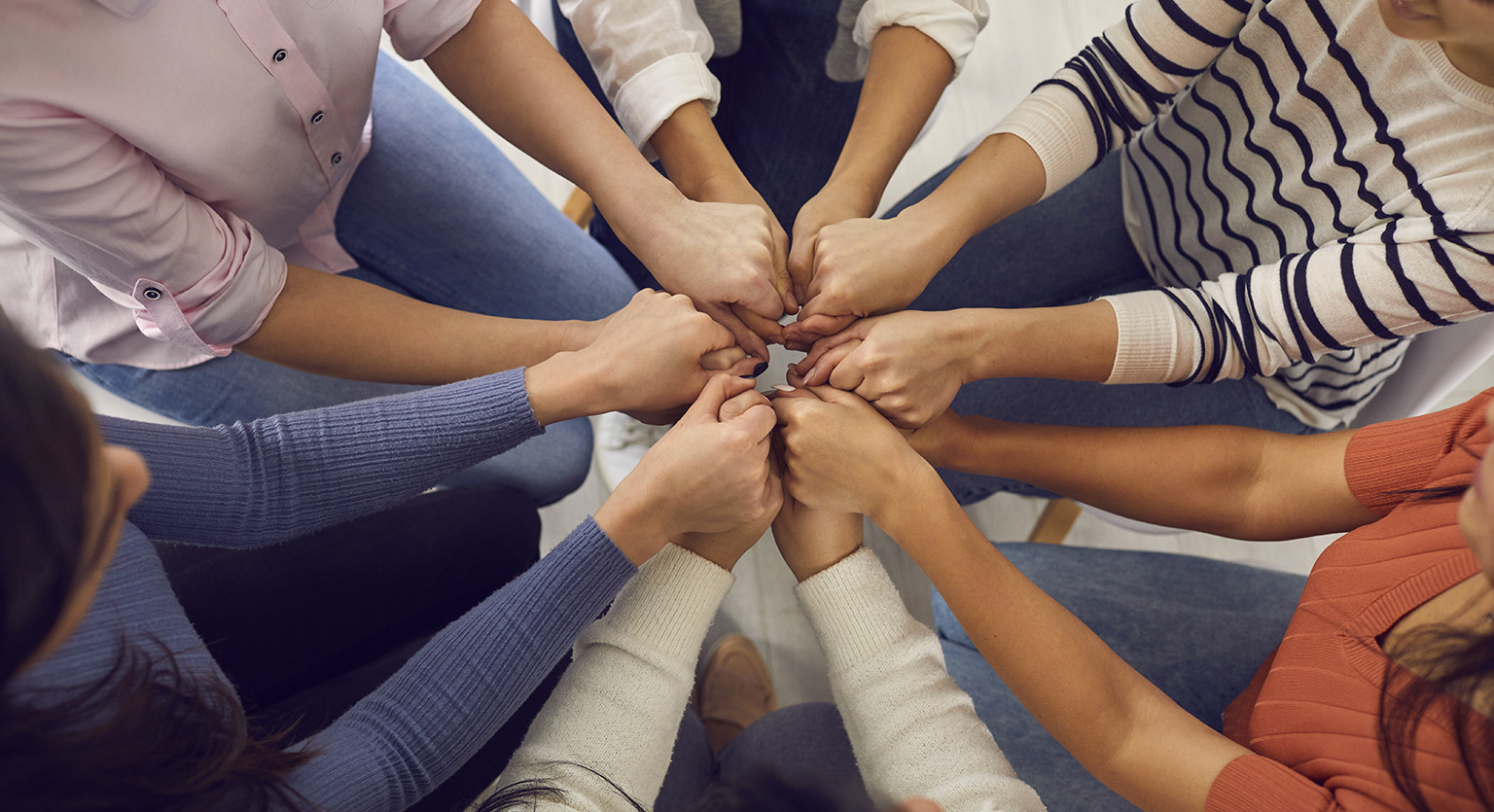Group Therapy and Counseling involve a small group working with a therapist to address similar issues. It provides support, diverse perspectives, and helps build social skills while addressing mental health concerns.


What is Group Therapy?
As the name suggests, group therapy provides psychotherapy in a group setting as opposed to a one-on-one setting. It is commonly implemented in cases of anxiety, PTSD or addiction.
Group therapy can also be coupled/alternated with individual therapy for optimum results. People in group therapy improve not only from the psychoeducation and guidance provided by the therapist but also from observing others and receiving feedback from group members.
• Enhance social skills and gain support from peers
• Develop a sense of belonging and reduce feelings of isolation
• Share experiences and strategies for coping with similar issues
• Receive diverse perspectives and feedback on personal challenges
• Benefit from collective insights and group-driven solutions

How does it work?
Typically, 6-8 individuals meet once or twice a week, for about an hour. After explaining the rules and setting an agenda, the therapist engages the group on the chosen topic.
There is some activity-based learning and sharing. Groups also set goals and discuss their progress with other members.
• Providing a supportive environment
• Offering a sounding board for problems
• Creating a safe space for the individual to open up to others and feel comfortable doing so
• Creating a space for the individual to learn about the self, learn from others and inspire others